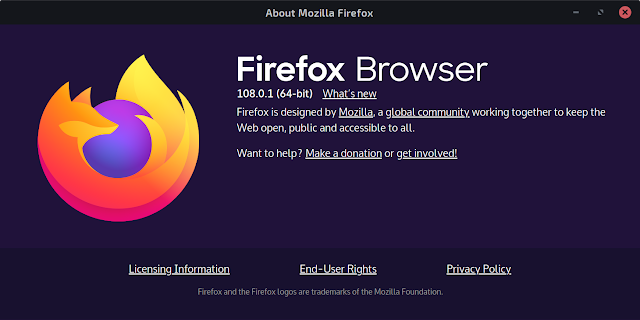I come to youse live from a New York State Thruway service area…
this guy won the hackathon (without even being there irl) while i get to write a blog post at a NYS Thruway service area… https://t.co/alI1Lzyr4T
— Charlie Li (@_K3CL) January 22, 2023
…because when I write blog posts, I have to finish them in one sitting, else they never get completed and start to make the whole place reek, not dissimilar to an astronaut not finishing their meal on the International Space Station…
I'm on my drive back from a (collegiate) hackathon in Toronto, and let's just say that this showing was downright embarrassing to say the least. I brought the entire complement of tools, parts and whatnot that usually come for the ride to these events with the intent to build something wonderful, but ended up without motivation for the final four hours and unsalvageable software component, thus no submission and no demo. My team did the best we could even finding a problem to tackle at all that would make for a good demo, but at least for me, I simply felt so uninspired and brain-dead that it brought the whole experience down for both myself and the team. Reckoning time.
On bright notes, my friend Bailey came thru (she registered but could only stay briefly on Saturday) and we finally linked up irl. To future adventures with whoever we can conjure up from the gang! Also the Eagles won 38–7, and as soon as I saw the Birds at 31–7…chills.
Earlier in the month, I confided to a few friends about some thoughts I've been having about the "standard" collegiate hackathon format. Hell, if I really think about it, I've been having them since HackCon (conference about mainly collegiate hackathons and communities) back in August 2022, and even earlier since BSDCan 2018. Why it took this long for these to come to a head, I have no idea, but I'm actually glad this is happening.
My collegiate hackathon career is probably best described similarly to Nick Foles's NFL career: inconsistently great or abysmal depending on the year/team/situation, almost contemplated retirement during a down period (but then the Birds signed him back as a backup and happily after ever). Except I actually did declare myself retired from participating as a hacker after winning Jefferson Health Hack 2016, slowly trying to shift more towards technical mentorship instead, but for those who know how abusive relationships go…
Collegiate hackathons are almost always competitive events with sponsors and prizes where some sort of user-facing prototype is demoed at the end. This format is great for those looking to skill up and network in the job (internships included) hunt whilst having fun learning and building something in 24–36 hours. This was my mindset during my first round of undergrad, and as long as my team had an itch to scratch and executed such that we had a demo at the end, served me well.
Things changed a little after winning Jefferson Health Hack 2016, things changed some more after BSDCan 2018, and things drastically changed after getting my amateur radio licence. For a little, man, mentoring at the competition-type hackathons just hit different and in the best way possible: instead of effectively helping one team win, you're helping all the teams who request your assistance win. For some more, the hacker lounge at BSDCan (along with the FreeBSD Developer Summit that I was not invited to back then) helped me personify the spirit of the original open source project hackathons: get as many folks working on similar stuff, who would otherwise do it asynchronously over mailing lists, IRC, etc, in the same room (not necessarily indoors) for a concentrated time period to trade notes and get stuff done.
I do want to place emphasis on this drastic change after getting my amateur radio licence. With egging from Jedi Dough Boy, particularly his PLAY BREAK LEARN, we have co-opted the existing Field Day events by adding a hackathon element. Of course not as a competition, but rather in the original open source spirit, feeding off the energy from everyone else hanging about or operating. So much that as soon as I mentioned working with an XR-2206 monolithic function generator chip for a class this semester, multiple other hams have egged me to have a whack at it next weekend at Winter Field Day. Just see how many directions we can go, in a cursory manner, but most importantly just having fun, not worrying about networking or prizes or other not important stuff.
The "standard" collegiate hackathon format really does not bode well for say, improving existing open source projects, particularly incremental or more behind-the-scene/infrastructure improvements. Said format also does not bode well for more experimental hacks with components that need more pre- preparation, like what I found with trying to base this weekend's attempt on Automatic Packet Reporting System. The original, non-competitive, community-oriented setup works much better for these cases. I'm also at the stage where I don't particularly care for computing careerism, but that's another topic entirely.
When pressing the format differential at venues like HackCon, I can almost smell the indifference. The original, non-competitive, community-oriented setup relies heavily, maybe even almost solely, on intrinsic motivation to make something happen. The competition-type events also have that extrinsic motivation that attracts a demographic that I am no longer in, one that has (early-stage) careerism almost top of mind.
Time to get back on the road and hope that they are treated correct. There's just enough snow coming down to stick to non-treated surfaces the whole rest of the way…
